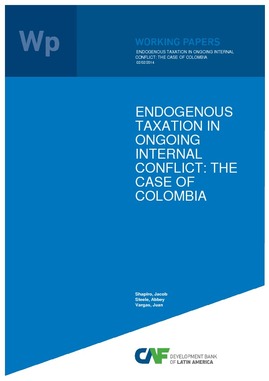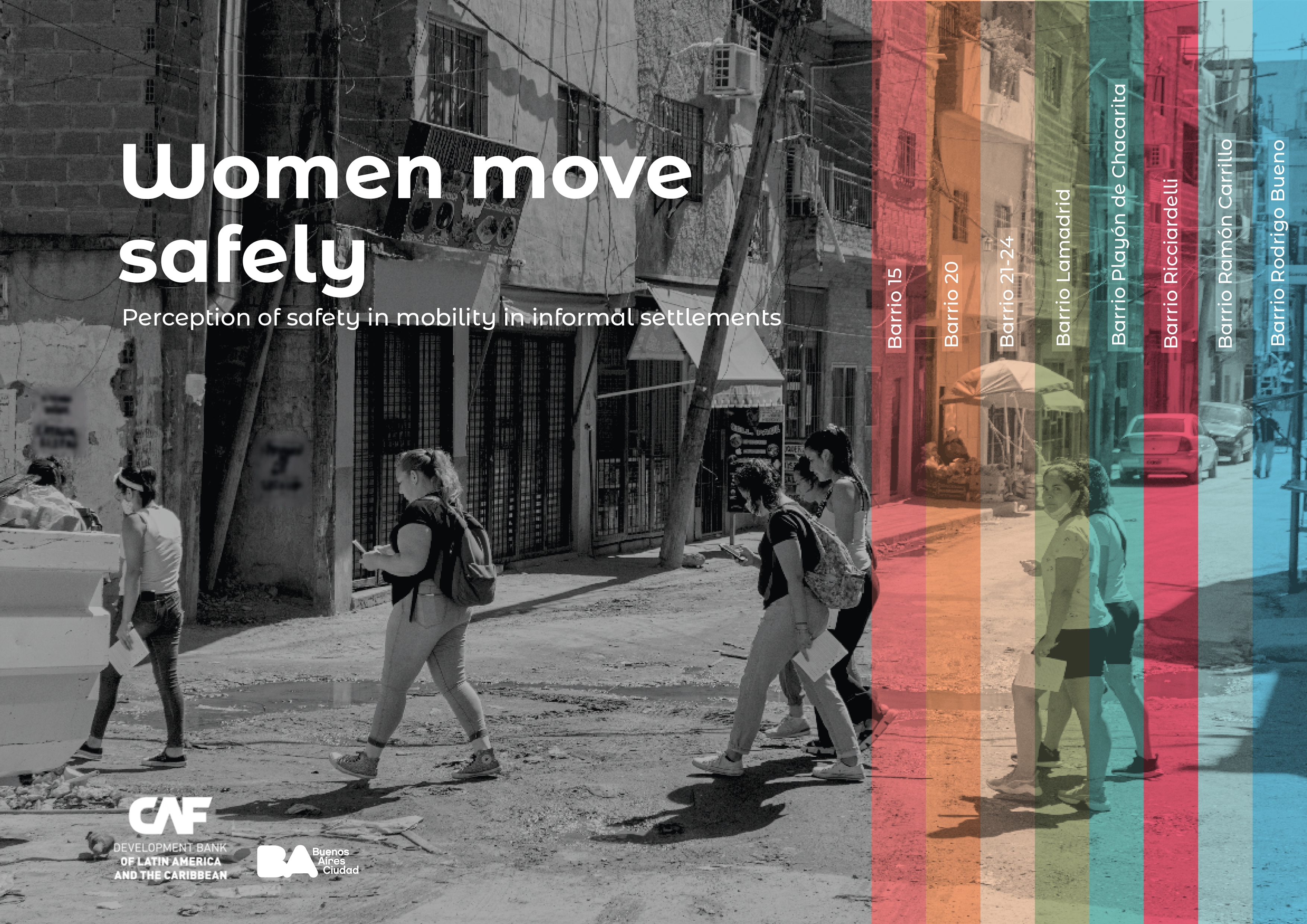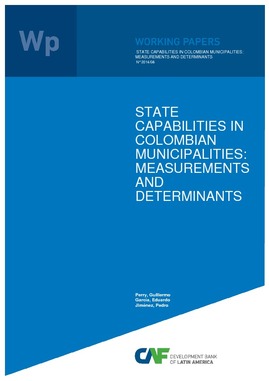Internal Control as State Capacity
Abstract
While previous research has thoroughly examined the consequences of external control on subnational governments, less is known about the drivers and consequences of internal control. This paper presents a series of findings on Brazilian municipalities’ internal control systems, leveraging administrative data and quasi-experimental designs. First, I use cross-sectional data to document that there remains significant variation in the resources, mandates, and actions of internal control systems. Second, I use panel data and a causal event study design to show that legal reforms of internal control systems lead to an increase in hires of internal controllers. Third, I show these legal reforms have downstream consequences in the control of patronage, leading to a reduction in the size of the municipal workforce, and a higher incidence of civil service contracts. Fourth, I show that randomized federal anti-corruption audits have significant effects on municipal control systems. Together, these findings highlight the relevance of local internal control institutions and call for further research on the causes and consequences of their strength.
Subject
Country / Region
Date
2024-09-26Cite this publication
Belongs to collection
Author
Toral, GuillermoItems Relacionados
Endogenous Taxation in Ongoing Internal Conflict: The Case of Colombia
Recent empirical evidence at the cross-country and subnational levels suggests that internal conflicts harm state capacity and tax performance. On the ...
Women move safely
Urban mobility is essential for those who live in cities. Transport infrastructures and services are an essential means of improving people’s well-being, ...
State Capabilities in Colombian Municipalities: Measurements and Determinants
This paper constructs a comprehensive set of State Capacity indicators for Colombian municipalities, focusing in four basic governmental capabilities: ...






